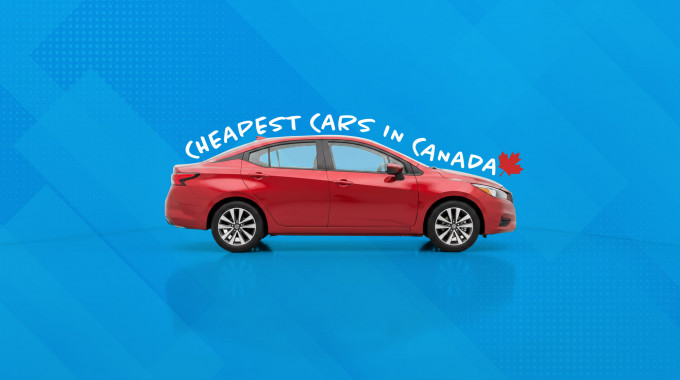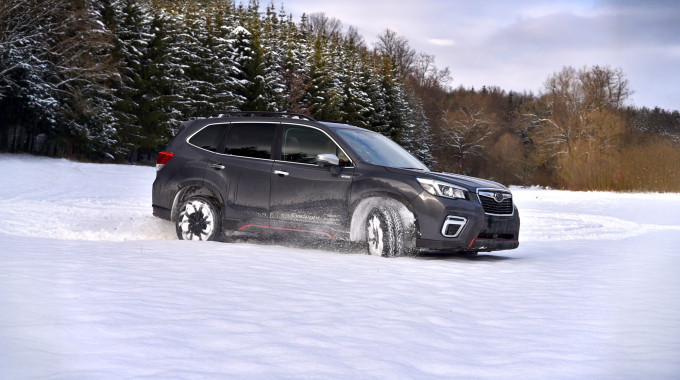
Should Your Next Car Be Hybrid?
For the sake of the environment, and your wallet, here are three debunked myths about hybrid vehicles.
The effects of global climate change are on the rise, and manufacturers have introduced vehicles to help reduce our carbon footprint. With this in mind, more and more Canadians are opting for energy efficient cars as alternatives to gas-powered.
“Hybrid”, a car that functions with both a battery and fuel, are often confused with fully electric vehicles – cars that can be overlooked as being expensive and complicated. However, not only are hybrids relatively inexpensive, but they’re also huge money savers.
For the sake of the environment, and your wallet, here are three debunked myths about hybrid vehicles:
Myth #1: You need to plug in a hybrid
Hybrid vehicles use a combination of internal combustion engines and battery electric drive systems to reduce the amount of fuel needed to travel certain distances – there is no plug-in required.
Unlike gas-fueled vehicles, hybrids have “regenerative braking” systems, which means that energy from braking is turned into electricity. This electricity goes back into the car battery where it is stored, adding more power to the vehicle’s motor. Not only is this feature good for the environment, but compared to standard cars, over a five-year period it could save a driver thousands of dollars.
Myth #2: They're too expensive to own and maintain
Most of the repairs and routine costs of a hybrid are comparable, if not less than, that of a standard vehicle. The initial cost of buying a hybrid vehicle is more expensive than a non-hybrid, however the overall system and operations helps to prolong its conditions on the road, which means fewer oil changes and less wear and tear on the engine.
Although hybrid batteries do cost more than standard car batteries, they’ve been proven to be reliable and long lasting. With these factors in mind, owning a hybrid vehicle for a long period could save you up to $10,000 compared to a standard.
Myth #3: They're 100% eco-friendly
On average, hybrid vehicles use 40% less fuel compared to gasoline cars when driving in the city. On the highway, hybrids usually burn 20% less fuel than standard cars. Long distance drives with hybrids can lower fuel efficiency because the regenerative braking system isn’t being used as frequently. As well, batteries in hybrids are a lot heavier, which means more fuel is expected to burn.
If you’re looking to buy a vehicle for long drives on the highway, you might want to opt for a fully electric or clean diesel car.
The next time you’re in the market for a new vehicle, take into consideration the fuel, maintenance and driving factors that hybrids offer. It’s no secret that these energy efficient cars will save you money at the pump, while also contributing to a cleaner world.







